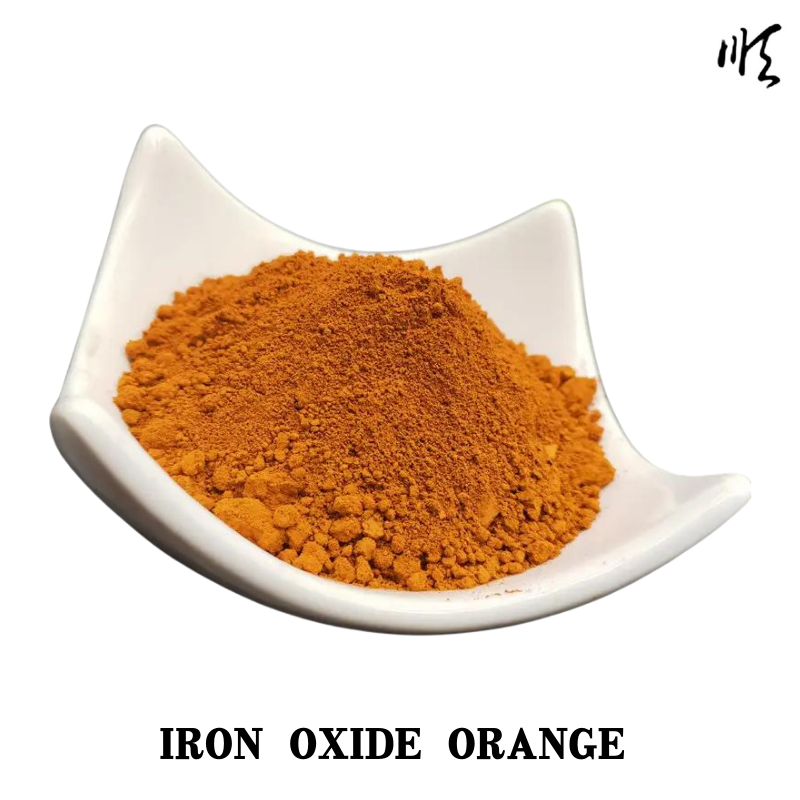
Top Quality Wet Fly Ash Supplier for Construction and Industry Needs
The Role of Wet Fly Ash Manufacturers in Sustainable Construction
In recent years, the construction industry has been increasingly pressured to adopt sustainable practices that minimize environmental impact. One significant development in this sector is the use of wet fly ash, a byproduct of coal combustion in power plants, as a supplementary material in construction. Wet fly ash manufacturers play a crucial role in this movement, providing a resource that not only enhances concrete properties but also helps reduce landfill waste and lower carbon emissions.
Understanding Wet Fly Ash
Wet fly ash is produced during the combustion of coal and collected from the flue gas of power plants. Unlike dry fly ash, wet fly ash contains moisture, which is typically retained during collection. This form of fly ash has become increasingly popular due to its advantages in certain construction applications. It can be mixed in a slurry form, making it easier to handle and transport, and it can enhance the workability and performance of concrete.
Benefits of Using Wet Fly Ash
1. Enhanced Concrete Properties Incorporating wet fly ash into concrete mixes can significantly improve the durability, strength, and long-term performance of the material. Fly ash can react with calcium hydroxide in the presence of water to form additional calcium silicate hydrates, which contribute to the overall strength of concrete. This reaction is known as pozzolanic activity, making wet fly ash an excellent choice for high-performance concrete.
2. Sustainability The construction industry is a significant contributor to greenhouse gas emissions, primarily due to the production of Portland cement. By substituting a portion of cement with wet fly ash, manufacturers can reduce the carbon footprint of concrete production. Additionally, using fly ash helps to divert waste from landfills, promoting a circular economy.
3. Cost Efficiency Wet fly ash can reduce material costs for manufacturers and contractors. By partially replacing cement with fly ash, the overall cost of concrete production can decrease. This is particularly beneficial in large-scale construction projects where even minor savings per cubic yard can add up to substantial amounts.
4. Improved Workability The slurry form of wet fly ash can enhance the flow characteristics of concrete mixes, making them easier to work with. This improved workability can lead to better compaction, reduced labor costs, and more efficient placement techniques.
wet fly ash manufacturer

The Role of Wet Fly Ash Manufacturers
Wet fly ash manufacturers are pivotal in the supply chain, ensuring the availability of this sustainable material for construction projects. Their processes include collecting fly ash from power plants, processing it to meet regulatory standards, and delivering it to consumers in a consistent, high-quality form.
These manufacturers engage in advanced technologies to ensure the quality and uniformity of their products. Quality control measures include testing the chemical composition and physical properties of wet fly ash to guarantee its performance in concrete applications. Furthermore, many manufacturers adhere to industry standards and certifications, providing assurance to contractors and builders regarding the reliability of wet fly ash.
Challenges and Future Prospects
Despite the benefits, wet fly ash manufacturers face several challenges. Regulatory compliance, fluctuating demand, and competition from other supplementary cementitious materials can impact their operations. Additionally, the reliance on coal-fired power plants has come under scrutiny, prompting a shift towards more renewable energy sources. This transition could potentially reduce the availability of fly ash as a byproduct.
However, the future looks promising for wet fly ash utilization in construction. As the industry continues to prioritize sustainability, the development of better recycling technologies and increased awareness about the benefits of fly ash could drive more demand. Moreover, initiatives to promote renewable energy and clean coal technologies may support the growth of fly ash production in a more environmentally friendly manner.
Conclusion
Wet fly ash manufacturers play an essential role in advancing sustainable practices within the construction industry. By providing a valuable resource that improves concrete performance while reducing environmental impact, they contribute significantly to the shift toward eco-friendly construction materials. As awareness grows and regulatory frameworks evolve, the collaboration between manufacturers, builders, and policymakers will be vital in maximizing the potential of wet fly ash in building a more sustainable future.
Share
-
Premium Resin Coated Sand - High Heat Resistance CastingNewsJul.31,2025
-
High Quality Silicon Carbide Grit for Abrasive ApplicationsNewsJul.30,2025
-
High-Quality Ceramsite for Plants & Gardening | Lightweight PebblesNewsJul.29,2025
-
Premium Burgundy Glass Marbles for Vases & Shooter GamesNewsJul.29,2025
-
High Purity Quartz Sand for Industrial and Ground ApplicationsNewsJul.29,2025
-
High-Quality Barite Powder for Drilling & Industrial UseNewsJul.29,2025






